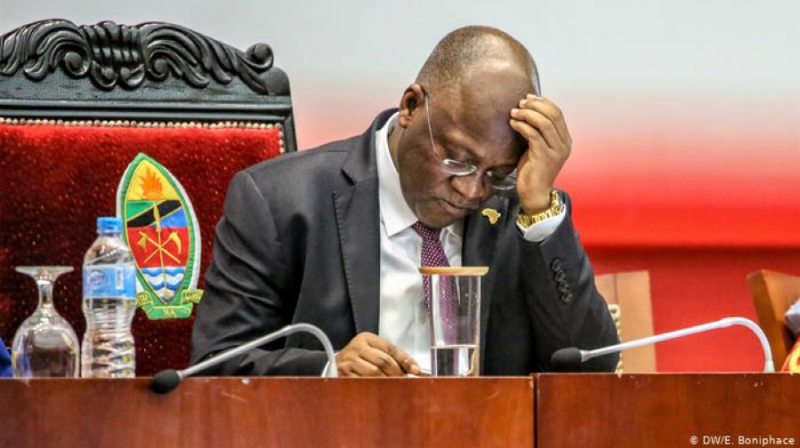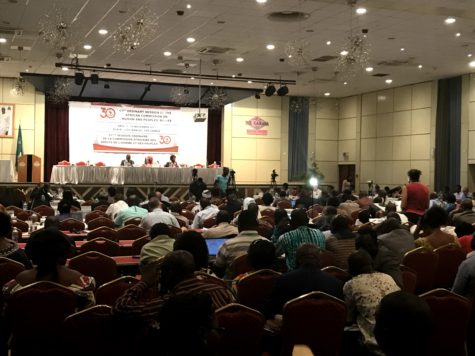By: Melissa Berouty
Journal of Global Rights and Organizations, Associate Articles Editor
STRASBOURG, France — On March 18, 2020, the Grand Chamber of the European Court of Human Rights (“ECHR”) will hear the case of M.A. v. Denmark, regarding the denial of family reunification. According to the Council of Europe Commissioner of Human Rights (“the Commissioner”), “[f]amily reunification procedures allow foreign nationals residing in Council of Europe member states to request permission to bring members of their family to join them, and to re-establish family life on the territory of their member state of residence.” The Commissioner has stated that family separation of individuals with international protection has been the root of “depression, anxiety, and feelings of guilt for leaving family members behind in dangerous situations.” These subsequent effects lead to difficulty in integration, including breaking through potential language barriers. Commonly, the integration process does not fully commence until the family reunification process is complete.
In January 2015, M.A., the applicant and a Syrian national, entered into Denmark seeking asylum. M.A. was granted temporary protection for a one-year period, under Section 7, subsection 3 of the Aliens Act, which offers protection for “individuals who face capital punishment, torture or inhumane or degrading treatment or punishment due to severe instability and indiscriminate violence against civilians in their home country.” Since then, M.A.’s residence permit has been extended in one-year increments.
In November 2015, M.A. requested to be reunited with his wife of twenty-five years, who was residing in Syria. Typically, under Danish law, an individual with temporary protection under section 7, subsection 3 of the Aliens Act must have a residence permit for more than three years for family reunification. Given this, in September 2016, M.A.’s request was denied by the Immigration Appeals Board, given the standard set by Danish law and a lack of “special reasons” to justify family reunification before the three-year threshold.
Following the denial of his application in early 2017, M.A. filed a complaint arguing that Denmark’s refusal of a family reunion was a direct violation of his rights under the European Convention on Human Rights (“the Convention”). M.A. argues that Danish law is discriminatory given that if he had been offered a “higher degree of protection,” he would be eligible for a family reunion within one year rather than three. In May 2017, the High Court of Eastern Denmark ruled against M.A.
On appeal, the Supreme Court upheld the High Court of Eastern Denmark’s decision. Here, the Supreme Court found no violation of the Convention stating, “the difference in treatment in the right to a family reunion had been justified by the fact that some groups of individuals had required greater protection.” On January 30, 2018, M.A.’s case was brought before the ECHR.
Here, M.A. again claims a violation of his rights under the Convention, specifically prohibition of discrimination under Article 14 in conjunction with the right to a family life under Article 8. On September 7, 2018, the Danish government was given notice, pursuant to Rule 54 of the local Court Rules, that “an application against the State is pending before the Court.” On November 19, 2019, jurisdiction was relinquished to the Grand Chamber of the ECHR.
According to the Commissioner, Denmark’s family reunification laws and policies have been in discussion for nearly fifteen years. In January 2016, the Commissioner’s predecessor contacted the Danish Minister expressing concerns over the waiting periods set forth in section 7, subsection 3 of the Aliens Act, particularly in its compatibility with Article 8 of the Convention. On January 31, 2019, the Commissioner expressed her recommendation to the Danish Government that “[w]aiting periods of over one year are inappropriate for refugees and for their family members.” Further, the Commissioner noted that Syrian individuals are being disproportionately affected, following the 1951 Refugee Convention. On March 18, 2020, the Grand Chamber hearing of M.A. v. Denmark will commence to decide on this issue.
For further information, please see:
ECHR – M.A. v. Denmark (relinquishment) – November 2019
ECHR – Relinquishment in favour of the Grand Chamber M.A. v. Denmark – 11 Nov. 2019


